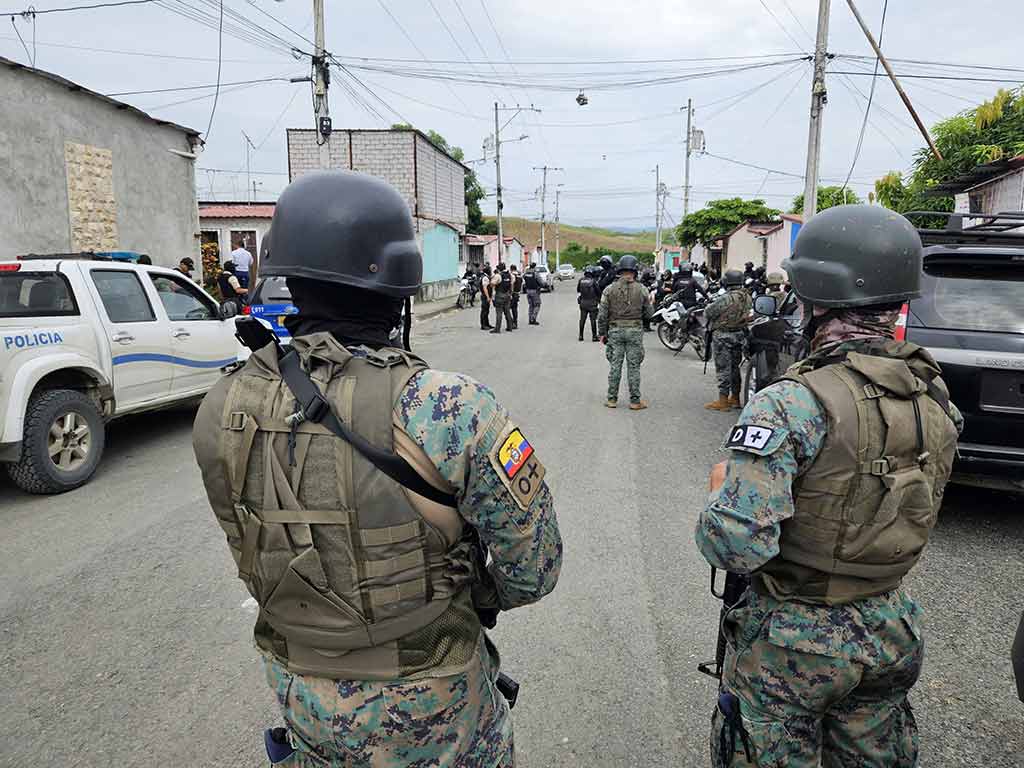Noboa instructed the Ministries of Defense and Interior, as well as the Armed Forces and the National Police, to implement the decree in coordination with all entities, since violent incidents resulting from organized crime continue in these territories.
Another state of emergency decree is in effect for 10 other provinces in the country due to protests led by the indigenous movement against government policies, particularly the end of the diesel subsidy.
Amid the mobilizations and roadblocks, the president decided this weekend to declare a state of emergency in Pichincha — where Quito is located — Cotopaxi, Tungurahua, Chimborazo, Bolivar, Canar, Azuay, Orellana, Sucumbios, and Pastaza.
These areas join Imbabura and Carchi, where the same measure was already in effect.
The declaration restricts the right to freedom of assembly. Its announcement came after the president of the Confederation of Indigenous Nationalities of Ecuador (CONAIE), Marlon Vargas, warned Noboa that the protests could escalate or even “take over Quito” if their demands are not met.
CONAIE later stated in a statement that President Daniel Noboa is deepening his war policy with the declaration for the mobilized provinces, where he has unleashed systematic repression against those exercising their constitutional right to resistance.
“The country doesn’t need more states of emergency; it needs real responses to the people’s demands,” the indigenous movement added.


